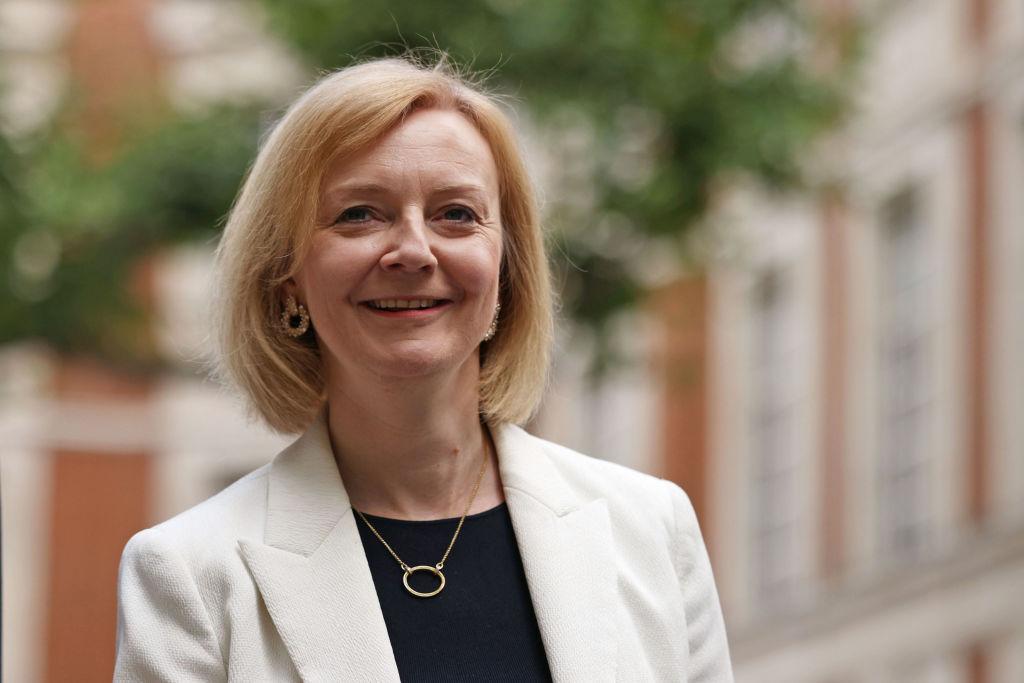Britain is sending a military expert on the threat posed by Russia and China in the Arctic to work in the British High Commission in Ottawa.
In a sign of deepening co-operation between Canada and Britain on defence matters, the UK is dispatching Nick Diggle, a former Royal Navy officer and research specialist in Arctic security, to Ottawa in September.





